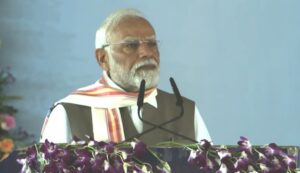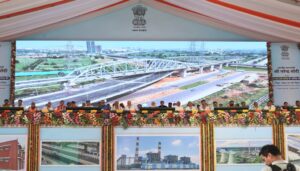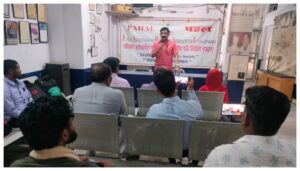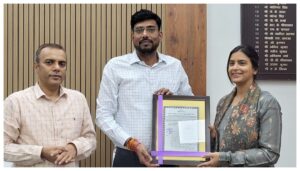Election Commission Addresses Voter Turnout Concerns Amid Congress Allegations in Maharashtra Polls
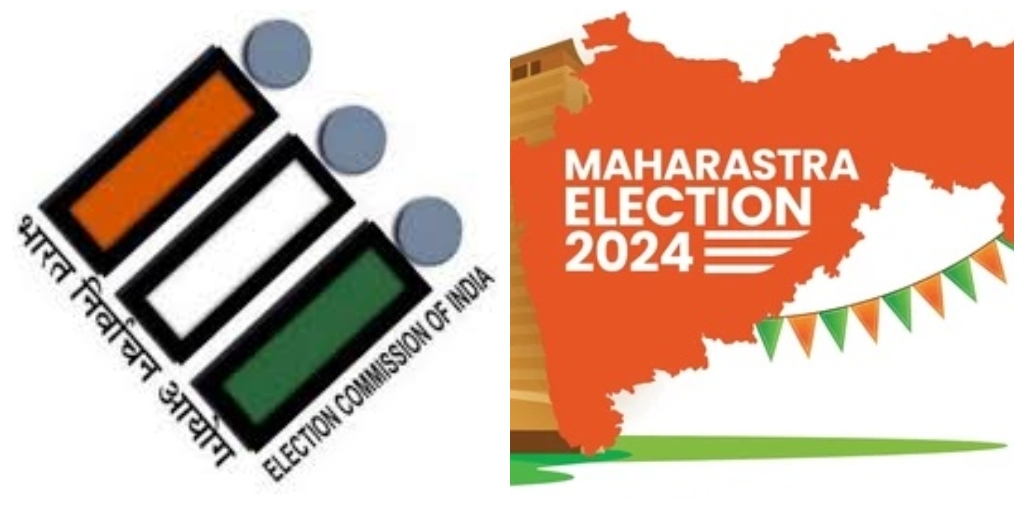
New Delhi: The Election Commission of India (ECI) has issued a detailed clarification addressing allegations raised by the Indian National Congress (INC) regarding discrepancies in voter turnout data during the recently concluded Maharashtra Assembly elections. The clarification aims to dispel misconceptions surrounding voter turnout updates, the aggregation process, and electoral roll preparation.
Clarifying Voter Turnout Data
Responding to INC’s concerns about discrepancies between voter turnout at 5 PM and the final polling data released later in the evening, the ECI explained that variations are part of the routine aggregation process. “The increase in voter turnout from 5 PM to 11:45 PM is normal and occurs as part of the data compilation from all polling stations,” the EC noted.
The Commission also highlighted that the final voter turnout data is derived from Form 17C, a statutory document that records total votes polled at each polling station. Form 17C is signed and made available to authorized agents of candidates at the close of polling, making any alteration to the voter turnout data impossible.
Role of VTR App
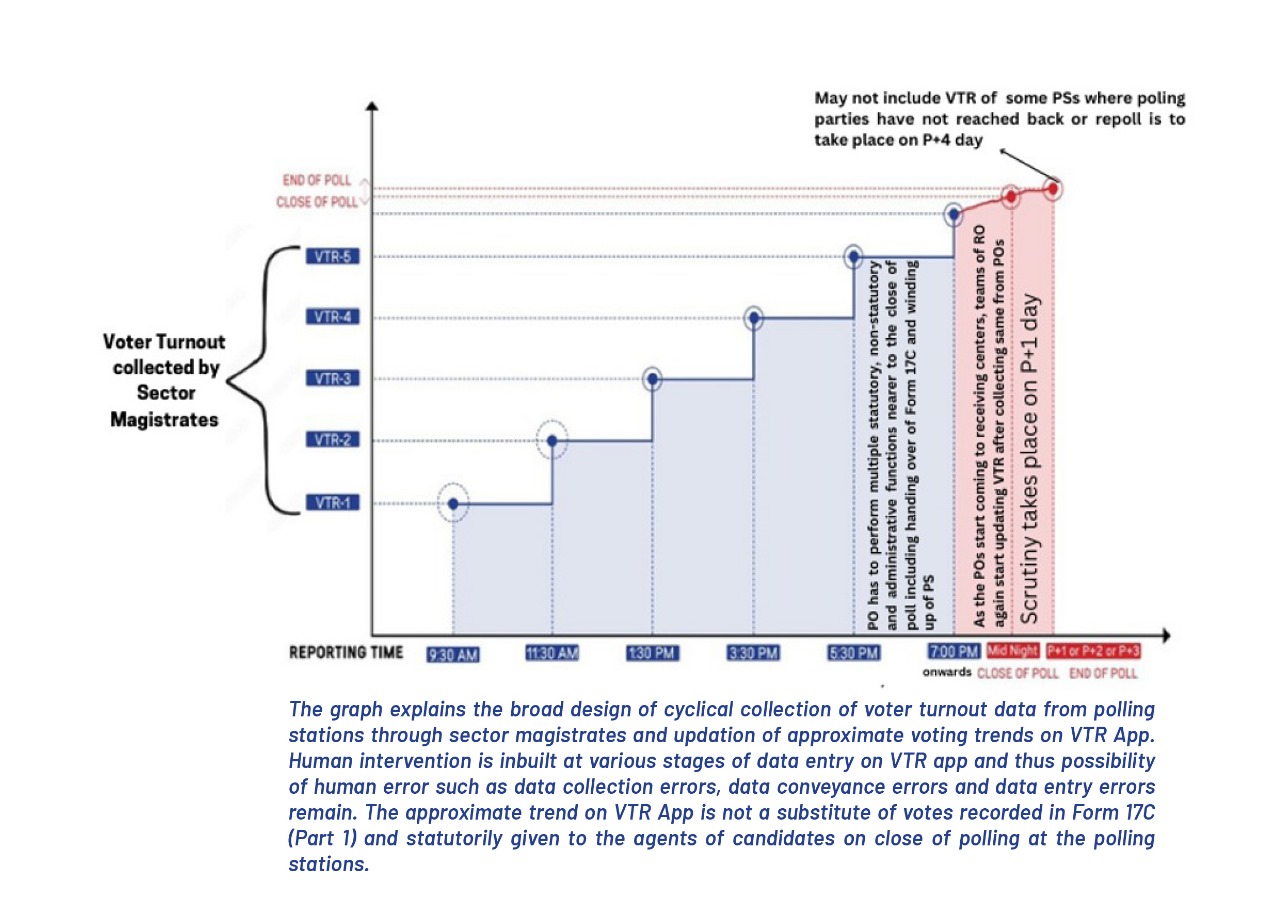
The EC elaborated on the role of the Voter Turnout Reporting (VTR) App, which provides real-time updates of voting trends throughout polling day. However, it emphasized that the app serves as a facilitative tool, not a statutory source. “The immutable source of voter turnout is Form 17C, which ensures transparency and accuracy,” the Commission affirmed.
Addressing Electoral Roll Concerns
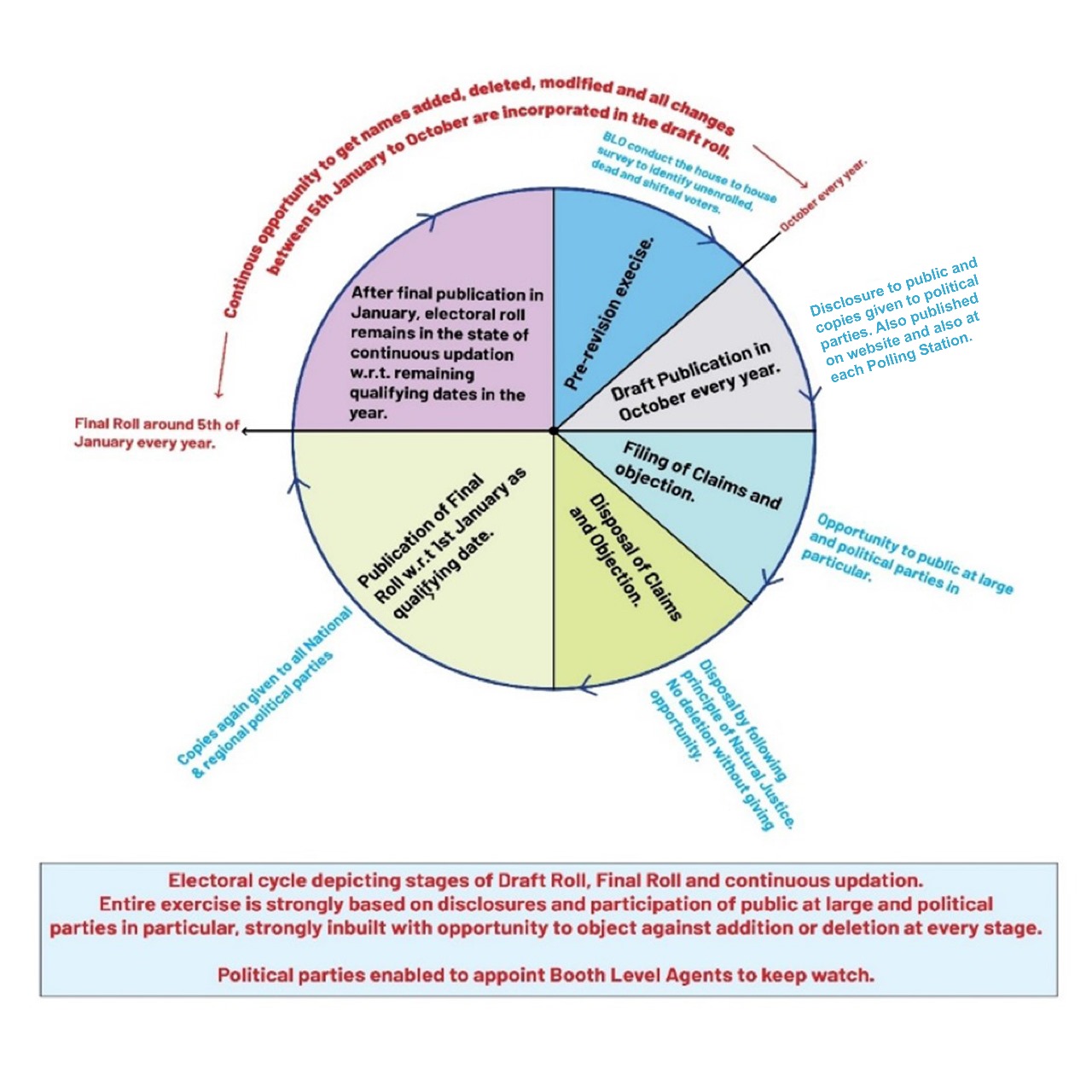
The EC also responded to allegations regarding discrepancies in the preparation of electoral rolls. It reiterated the transparent and rule-based mechanism of the electoral roll updation process, which involves all political parties at every stage. The Commission emphasized that the process includes multiple checks and balances to ensure accuracy and fairness.
Additionally, the EC has issued supplementary FAQs to enhance understanding of the electoral roll preparation process among stakeholders. “The watertight statutory scheme ensures that the addition and deletion of voters are carried out strictly according to rules,” it stated.
Proactive Engagement with Political Parties
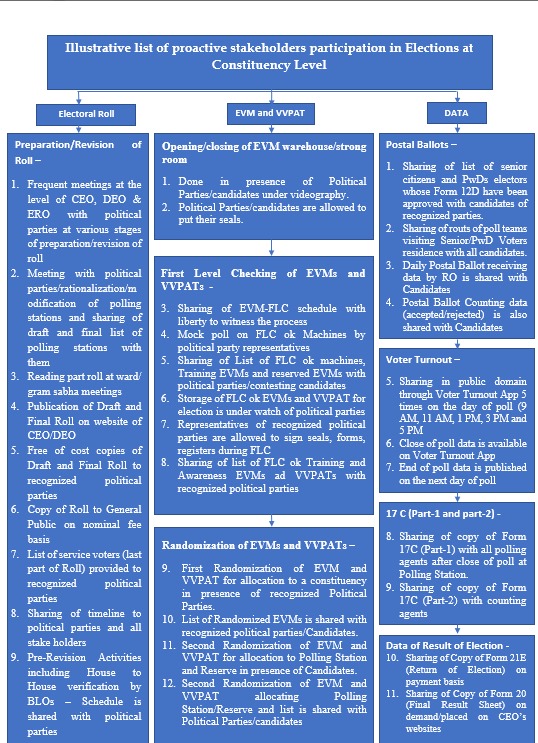
Highlighting its participatory approach, the EC detailed nearly 60 instances of proactive involvement of political parties or candidates throughout the electoral process, from the preparation of electoral rolls to the polling stage. “Political parties are key stakeholders in India’s electoral process, and their meaningful involvement is a cornerstone of our democratic framework,” the Commission said.
Reaffirming Trust in Electoral Integrity
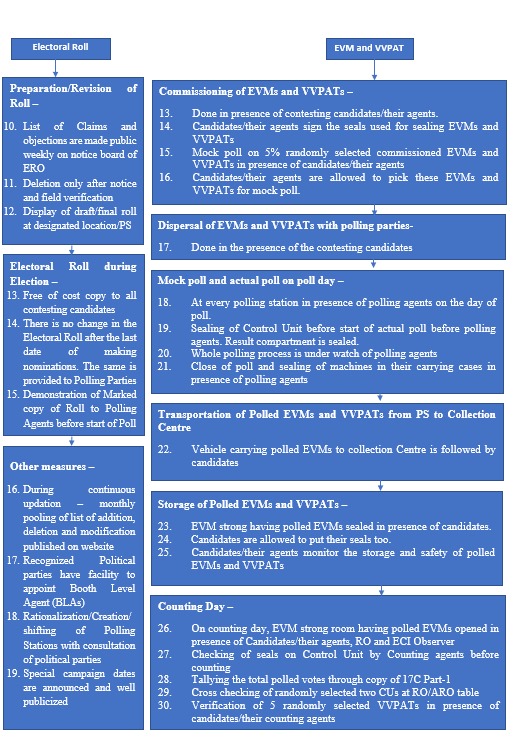
The EC’s clarification comes amid rising political tensions and allegations of voter data manipulation by opposition parties. By underscoring its commitment to transparency, rule-based procedures, and stakeholder engagement, the EC seeks to reaffirm public trust in India’s electoral process.
The Maharashtra Assembly elections, conducted under the backdrop of these allegations, witnessed a high voter turnout, reinforcing the vibrancy of India’s democracy. The EC’s detailed response aims to ensure that misconceptions do not overshadow the integrity of the electoral process.


